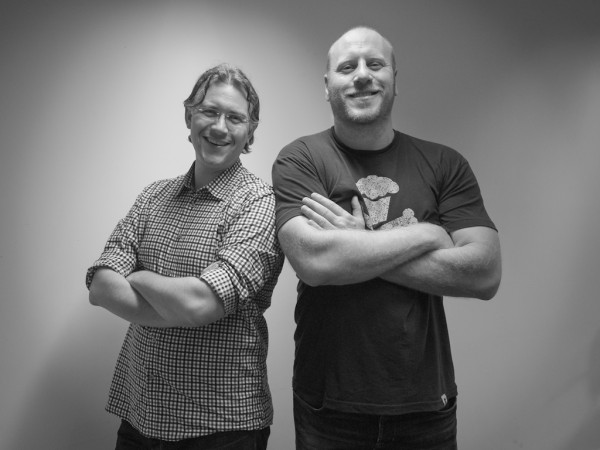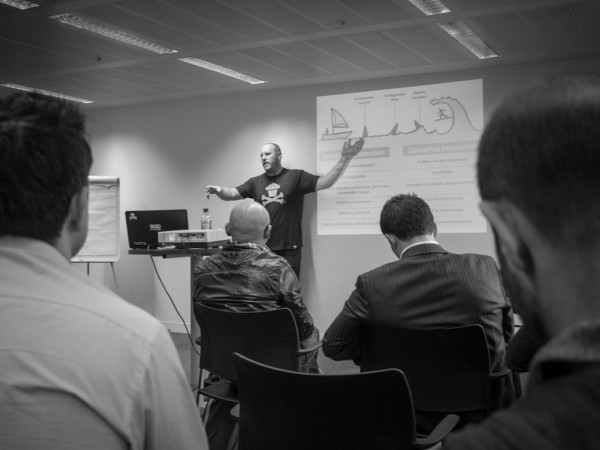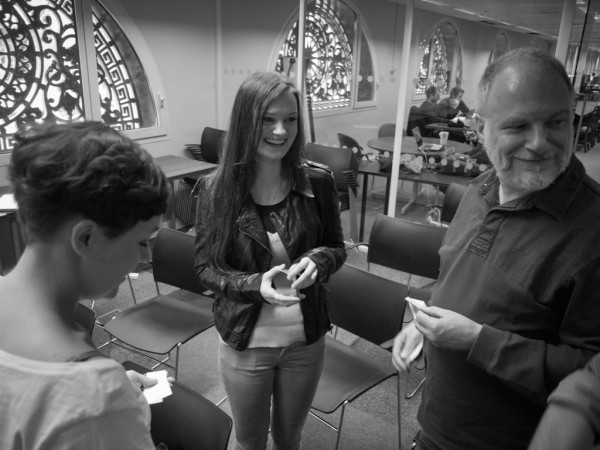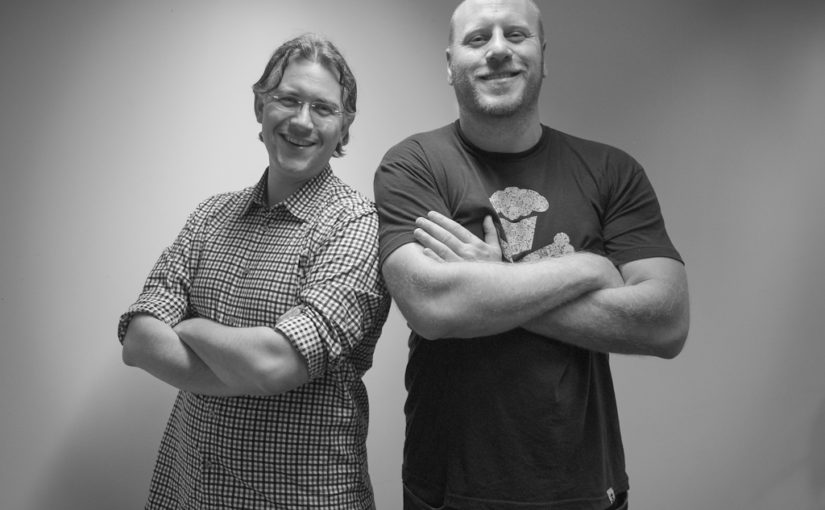Patrick Vlaskovits, arguably the sharpest modern thinker on Lean, visited us at the Innovation Warehouse last week. Patrick has recently published his new book, The Lean Entrepreneur. He spoke to us about growth hacking, which is a new way of thinking about marketing (within a startup or innovative company environment). Growth hacking is the application of the mindset of a hacker to the challenge of growing the demand for a product.

Patrick has reverse engineered what causes rapid growth in some disruptive products but not others. He’s pulled together thinking from advertising, marketing, lean and even black-hat affiliate marketing. The key (to Patrick) is that the Medium is the Message (a quote from Marshall McLuhan). Disruptive ideas need disruptive marketing channels. To get an innovative idea to spread quickly, it needs an innovative communications medium.
Disruptive ideas need disruptive marketing
Patrick uses Clayton Christensen’s Sustaining Innovation versus Disruptive Innovation classification to separate out which types of companies need to consider growth hacking as a strategy. If you are going to grow fast, you need to do something different. If you are going to do something disruptive, you need to communicate it in a disruptive way.
For many successfully disruptive ideas, the novelty of the medium itself does the job of marketing the product. Having virality, referrals or economies of scale built into the product can make the audience grow faster than through normal advertising or marketing.
When to start growth hacking
Patrick said that hiring a growth hacker before you have a product ready to sell might be unnecessary. I popped up my hand and we had a good debate about whether marketing is added to a product or engineered in from the start.
His examples of innovative communications mediums that made a difference to the (also innovative) products included: Picasso (new models of art dealer trading), Tupperware (home parties) and Tesla Motors (dealerships inside malls). The key seems to be to find a communications channel so new that it is essentially uncontested.
Growth Hacker vs Growth Hacking
We also debated whether growth hacking is a function or a person. While many startups are hiring for a “growth hacker”, in practice the art of “growth hacking” is a responsibly that is often best shared across the team.

There are certain skills that a real growth hacker has acquired which make them almost impossible to hire into a startup. Basically, if you can make thousands of dollars selling weight-loss ebooks, then you’re not sitting around in Shoreditch waiting to work for the latest startup for free.
How to hire a growth hacker
Product focused startup founders secretly think of themselves as artists and above marketing or sales. It seems demeaning to many CEOs to have to justify or persuade the marketplace. I often meet founders from engineering backgrounds who say things like “The product should speak for itself.”
By contrast, a shameless affiliate marketer is a true mercenary; they’ll sell any product if it makes money. This tension makes hiring highly skilled growth hackers an uneasy alliance for most engineers. Dark arts growth hackers are skilled in SEO, PPC, direct mail, affiliate marketing and behavioural engineering. If you want to compete in a new market, they are a necessary evil.
Growth Hacking and Lean Branding
We’ve been experimenting with using lean thinking in our rebranding work. Growth hacking is related to lean thinking but it’s more focused on practical implementation, demand generation and behavioural engineering. Growth hacking is lean branding applied in real life.

The talk was organised by Kumaran Veluppillai and the Lean Startup London Meetup group. Klaus and I had just been to the Digital Shoreditch open house at MakeShift that morning with Courtney Boyd Myers, Jon Gold, Nick and Stef. Sofia Zab from Founder Centric was visiting Makeshift and also joined us at the Innovation Warehouse for Patrick’s presentation. Things are heating up at the Innovation Warehouse and we’ll be blogging more about the rebranding process and how we can hack the growth model for a coworking space.
